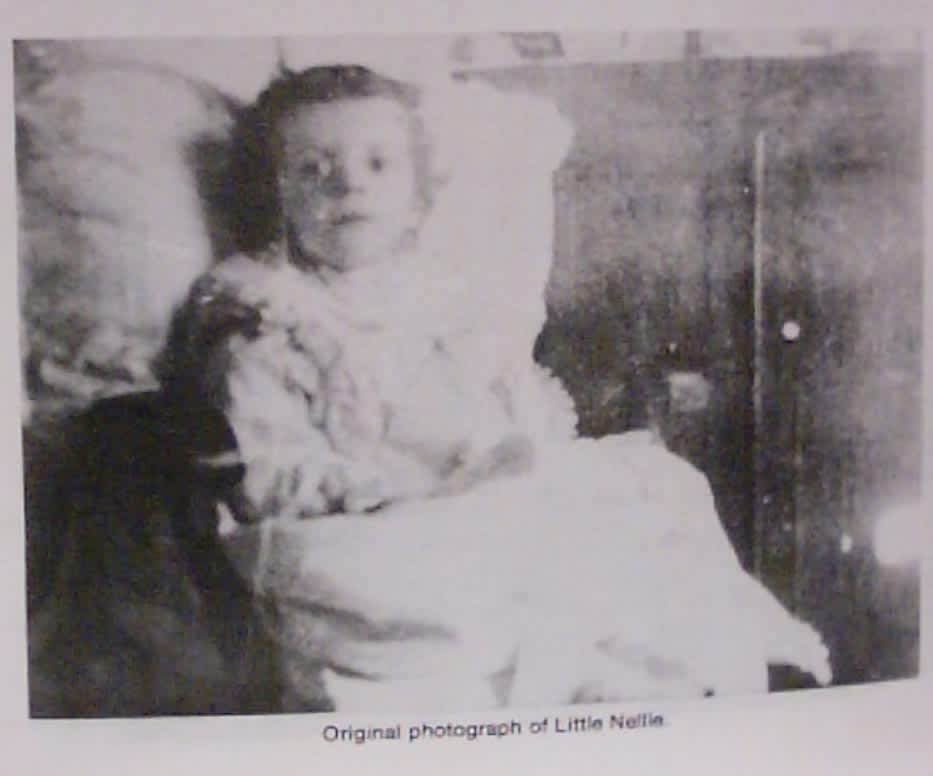null / Credit: ivanko80/Shutterstock
Washington, D.C. Newsroom, Oct 8, 2024 / 16:30 pm (CNA).
A group of 10 scientists is suing the publisher that retracted their studies showing the health risks associated with abortion drugs.
The suit against Sage Publications, filed on Oct. 3 in the Superior Court for Ventura County, California, alleges that the researchers’ studies were retracted simply because of the scientists’ pro-life views.
At the center of the lawsuit are three studies that Sage published in the scientific journal Health Services Research and Managerial Epidemiology (HSRME) in 2019, 2021, and 2022.
One of the articles was cited heavily in the recent Supreme Court case AHM v. FDA in which a coalition of doctors from the Alliance for Hippocratic Medicine and several other groups sought to compel the FDA to revoke its approval of the abortion drug mifepristone because of its associated dangers to women’s health and well-being.
The scientists argue that while their studies were peer-reviewed and had previously been praised for their academic rigor, the publisher retracted them in bad faith for political reasons.
The scientists are being represented by the Alliance Defending Freedom and Consovoy McCarthy PLLC.
What did the chemical abortion study say?
The 2021 study cited in AHM v. FDA said that emergency room visits “are at greater risk to occur following a chemical rather than a surgical abortion.”
It showed that in a study cohort of 423,000 women undergoing chemical abortions between 1999 and 2015, there were 121,283 subsequent emergency room visits occurring within 30 days of the procedure.
The study concluded that “the incidence and per-abortion rate of ER visits following any induced [chemical] abortion are growing, but chemical abortion is consistently and progressively associated with more postabortion ER visit morbidity than surgical abortion.”
The study also said that there is a “distinct trend of a growing number of women miscoded as receiving treatment for spontaneous abortion in the ER following a chemical abortion.”
Why were the studies retracted?
As AHM v. FDA was working its way through the courts in 2023, Chris Adkins, a professor at the South University School of Pharmacy in Savannah, Georgia, submitted a concern to Sage in which he accused the scientists associated with the three studies of exaggerating their findings and misrepresenting the data in ways that were “grossly misleading.”
States Newsroom, which first reported on Adkins’ accusations, reported him saying of the researchers: “I can’t prove that there was intent to deceive, but I struggled to find an alternative reason to present your data in such a way that exaggerates the magnitude.”
States Newsroom also reported that Adkins was worried about the legal status of abortion after the overturn of Roe v. Wade.
“I now have a daughter that is born in a world where there is no Roe v. Wade, no federal recognition that women have the right of bodily autonomy,” Adkins said, adding: “I’m going to support her in whatever way I can.”
After learning of Adkins’ concerns Sage discovered that all but one of the article’s authors had an affiliation with one or more of the pro-life organizations the Charlotte Lozier Institute, Elliot Institute, and the American Association of Pro-Life Obstetricians and Gynecologists. Sage claimed that this presented a conflict of interest regarding the studies concerning abortion.
Sage also conducted a post-publication peer review in which they claimed to have identified “fundamental problems with the study design and methodology, unjustified or incorrect factual assumptions, material errors in the authors’ analysis of the data, and misleading presentations of the data.”
Sage concluded that the studies demonstrated a “lack of scientific rigor” that “invalidate[s] the authors’ conclusions in whole or in part.”
Scientists respond
In their lawsuit, the studies’ authors claim that they “complied with all submission guidelines and all requirements in Sage’s publishing agreements.”
The suit said that “following each submission, HSRME conducted a double-blind peer review of each article, which Sage claims is thorough and rigorous” and that “after peer review, HSRME accepted all three articles for publication.”
According to the suit, the authors’ attempts to respond to the accusations and to prove the scientific validity of their studies were rebuffed and ignored by Sage.
In addition to retracting the studies, the lead researcher associated with the articles, Dr. James Studnicki, was removed from the board of the HSRME without any prior notice and with no explanation other than his association with the retracted articles.
The researchers allege that Sage intentionally sought to discredit them and ruin their reputations because of their pro-life views.
“Sage’s wrongdoing,” the suit states, “has been causing enormous and incalculable harm to the authors’ professional reputations, as Sage intended.”
Phil Sechler, a senior counsel at Alliance Defending Freedom, said in a statement announcing the suit that “politics should never sway science, especially when that science is vital for saving and protecting lives.”
“Sage punished these highly respected and credentialed scientists simply because they believe in preserving life from conception to natural death,” he continued. “These actions have caused irreparable harm to the authors of these articles, and we are urging Sage to come to the arbitration table — as it is legally bound to do — rescind the retractions, and remedy the reputational damage the researchers have suffered at the hands of abortion lobbyists.”











